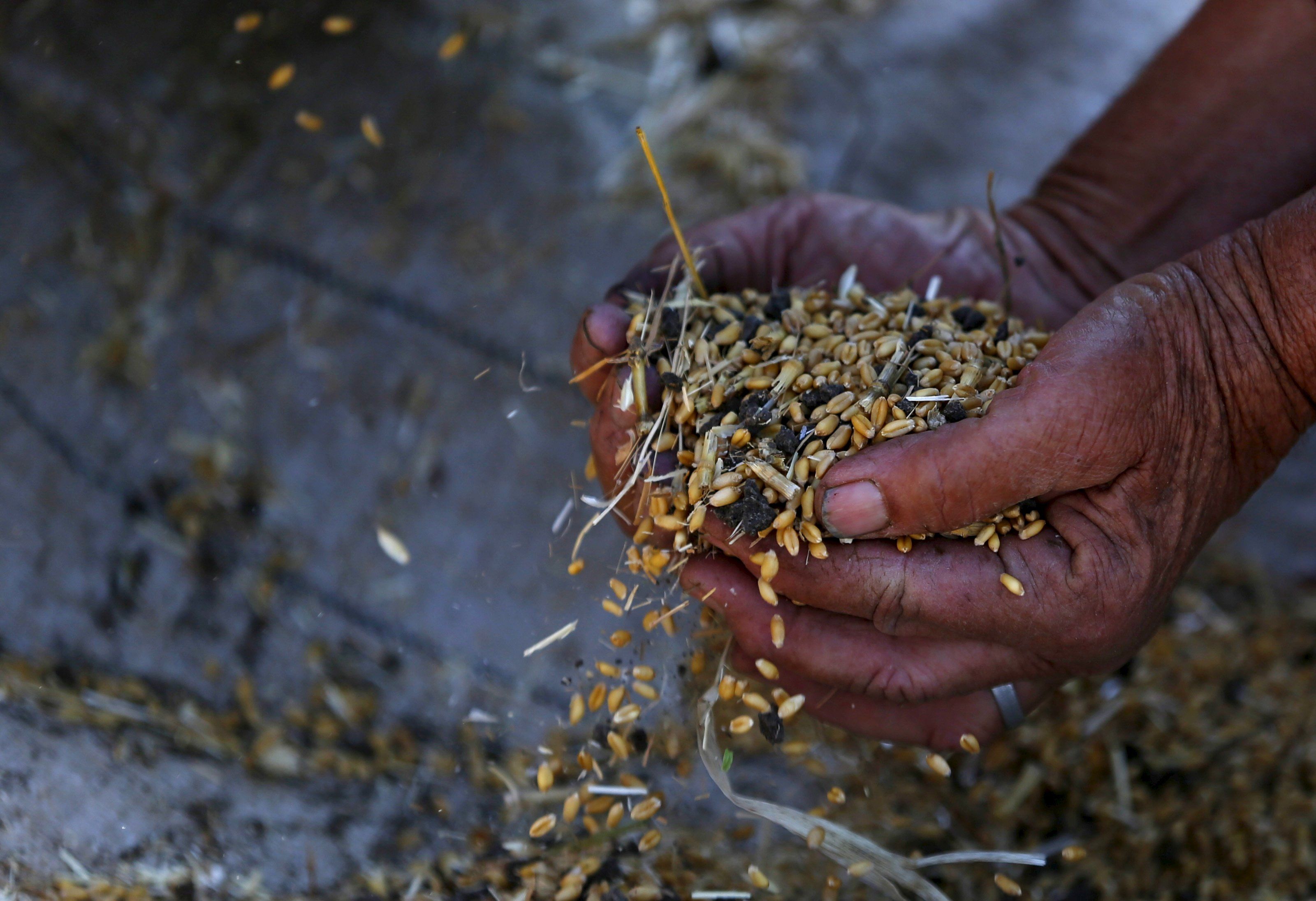What We’re Watching: Grain deal deadline, tech layoffs, interest rate ripples
Will the Black Sea grain deal be renewed?
Amid growing concern that Russia may refuse to renew a deal to allow food and fertilizer shipments to travel through a safe passage in the Black Sea, UN Secretary-General António Guterres this week visited Kyiv, where he called for the renewal of the agreement, which is set to lapse on March 18. Quick recap: The grain deal, negotiated by Turkey, the UN, Russia, and Ukraine, was implemented in the summer of 2022 in a bid to free up 20 million tons of grain stuck at Ukrainian ports due to Russia’s blockade. You’ll likely remember that the two states are both huge exporters of wheat, while Russia is also the global fertilizer king. Indeed, the deal has helped alleviate a global food crisis that was hitting import-reliant Africa particularly hard, and driving up global food prices. Kyiv, for its part, says that if the deal is expanded to additional ports it could export at least some of the 30 million tons of grain that remain stuck. The Kremlin hasn’t said what its plans are but this week accused the West of “shamelessly burying" the Black Sea deal in what could be used as a pretext for its refusal to play ball.
For more on what Guterres has to say about the ongoing war in Ukraine and its human toll, check out his interview with Ian Bremmer on GZERO World.
What should we make of the great tech implosion?
We’ve heard a lot about a downturn in the tech sector in recent months after giants including Amazon, Microsoft, Meta, Salesforce, Alphabet, and Spotify laid off large chunks of their workforces. All in all, an estimated 200,000 US tech workers have been shown the door since the start of 2022 – more than the equivalent of the entire Apple workforce. At the same time, however, unemployment in the US remains at record lows, with the US adding more than 311,000 new jobs in February alone, yet another sign of the labor market's resilience. So what does – and doesn’t – the great tech debacle tell us about the current state of the global economy? First, COVID was a boon for the tech sector. As the world shut down, tech companies made the most of increased demand for work/play/eat-from-home services and embarked on massive hiring sprees. Alphabet, for example, increased its workforce by 16% between 2020-2021. But as soon as things reopened, it became clear that consumers wanted to go back to exercising in sweaty gyms and dining at overpriced ramen bars. Demand plummeted. What’s more, rising interest rates – an effort to tackle runaway inflation – and a dizzying stock market are making it harder for tech companies to raise capital and putting downward pressure on stock prices, leading to massive cost-cutting measures. Crucially, analysts warn that things will get worse before they get better.
